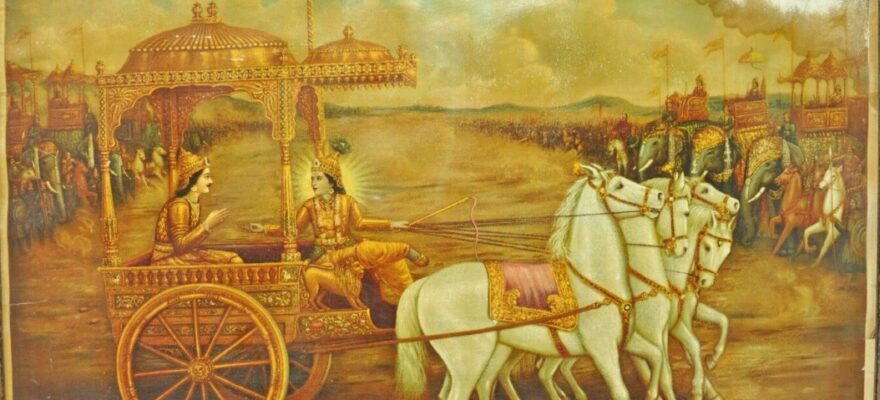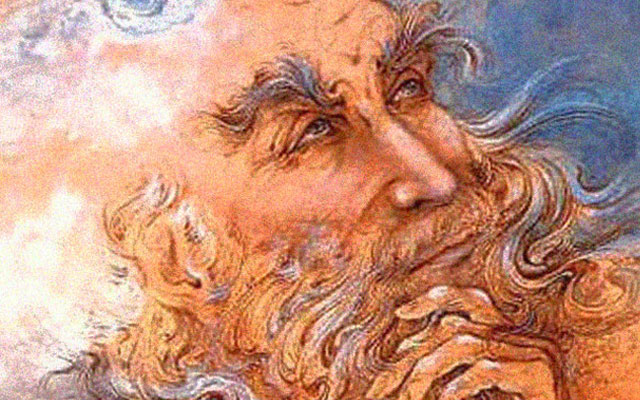A most sincere and heartwarming watch on compassion: Karen Armstrong’s reward winning TED Talk. You can read more on compassion here: Seeking Small Acts of Goodwill
Year: 2015
Marcelo Gleiser, the award-winning professor of physics, explores the moving cosmos in his book The Dancing Universe : From Creation Myths to the Big Bang : Physics is a game played with nature. He proclaims that science and spirituality are tightly knit. Here is what they have in common : The laws of causality govern both. In each domain, everything happens with a cause. We must use reason to understand both. Observation and experience are necessary to understand a happening. They aim to integrate their knowledge to real life scenarios. Their quest is reaching the Truth. He quotes from …
How to be happy? Where? With whom? When do we get happy? The question is asked as long as we are alive. We do evaluations and measurements of our happiness; then we may occasionally reach a conclusion : somewhat happy, sometimes happy, more or less happy, in the past or present, or will be in the future… We remember the last time we were happy, or it happens that we fantasize a possible future happiness. Sometimes we measure with what we have, sometimes we measure it as an extent of our expectations being fulfilled or just obtaining what we …
A sacred Indian myth tells us how we can pursue our life goal by action. Bhagavad Gita which dates back at least 300 years before Christ, is preserved and considered a masterpiece above all Indian doctrines ever since. It is composed of 700-verse epic dialogues between Prince Arjuna and Krishna, Arjuna’s guide and charioteer. The scene takes place on the eve of an expected battle between two huge armies – Pandava brothers and their cousins who have cheated the Pandavas of their rightful kingdom. The Prince, in a state of conflicting morals and emotional despair is unwilling to pursue …
Rose petals let us scatter And fill the cup with red wine The firmaments let us shatter And come up with a new design The first post of this blog opens with Hafez (circa 1320-1389), a master of Persian poetry who composed some 500 ghazals in praise of his Beloved. Early Years Born in Shiraz as Khajeh Shamseddin Mohammad, he later took the pen name Hafez (Hafiz) for he had memorized the Qu’ran in his teens, as well as the many works of Saadi, Attar, Rumi and Nizami. The details of his life especially of his early years are …












Social Profiles